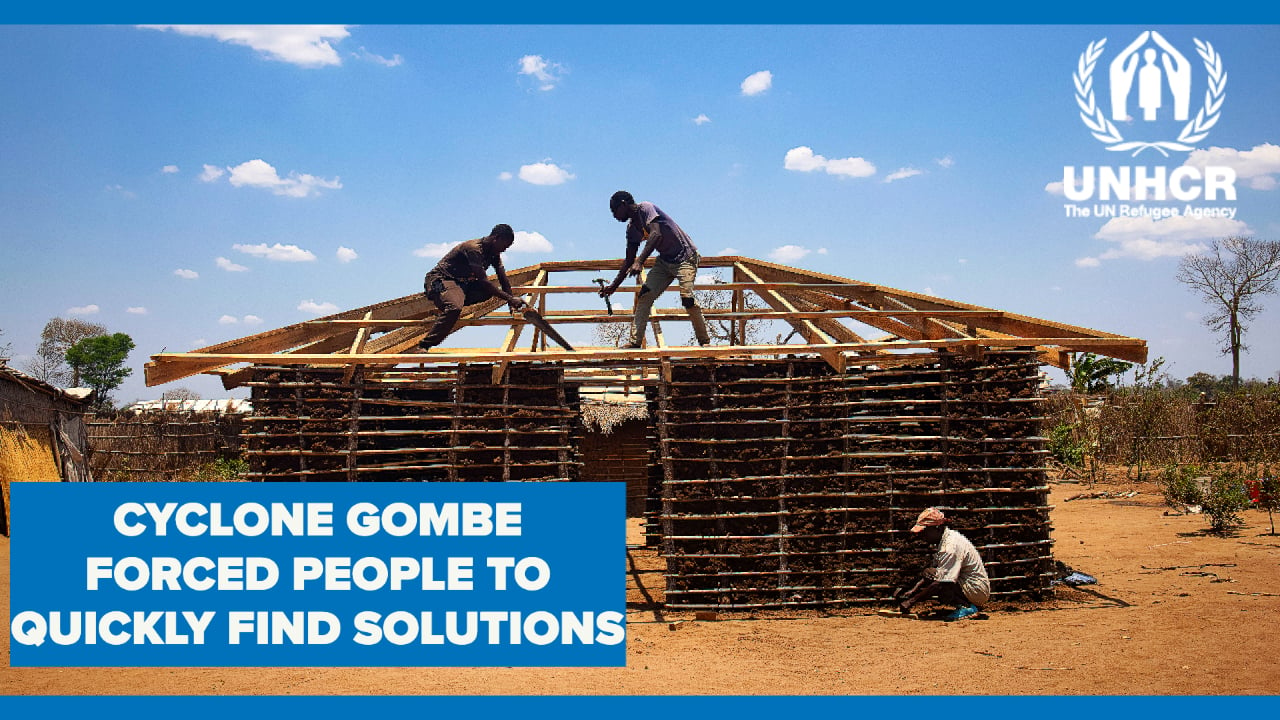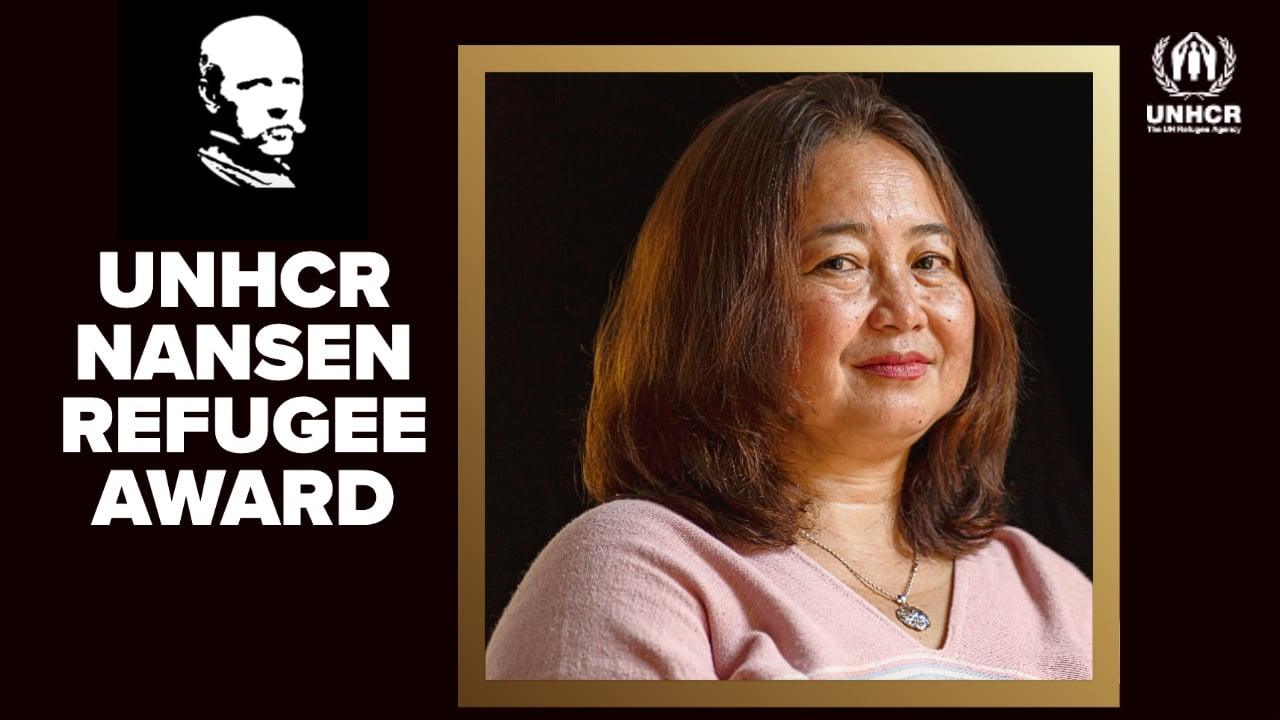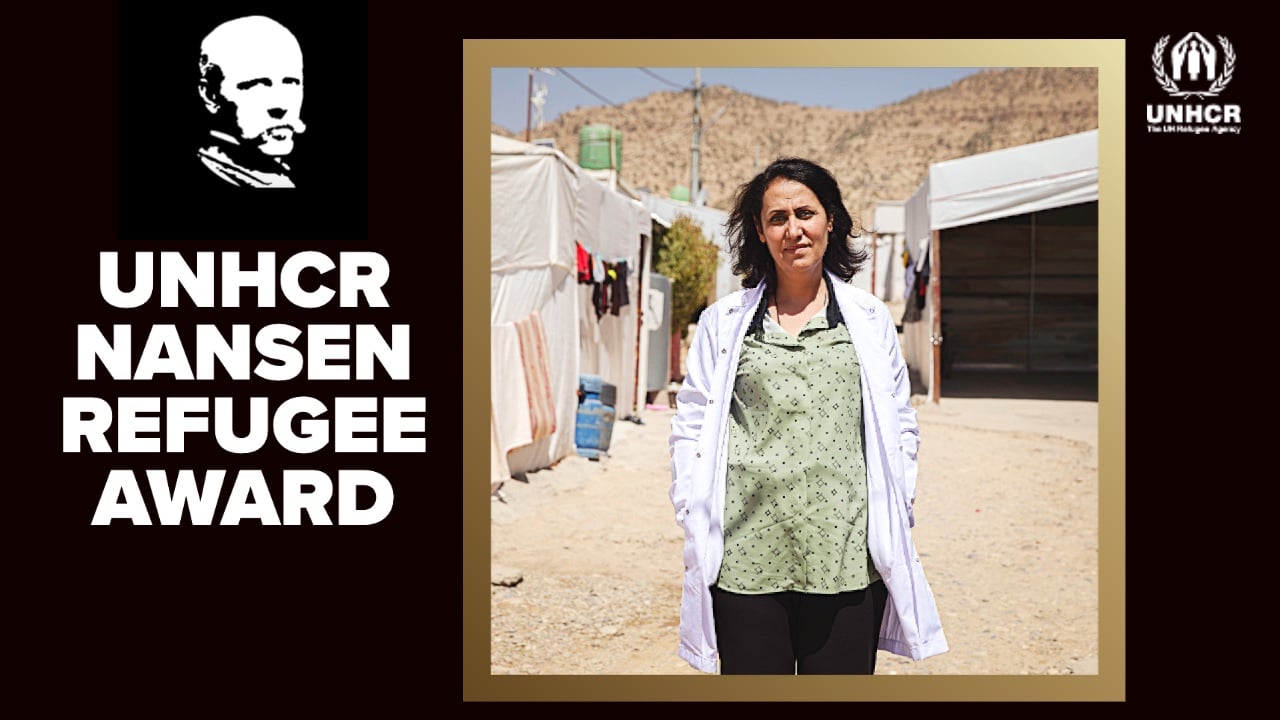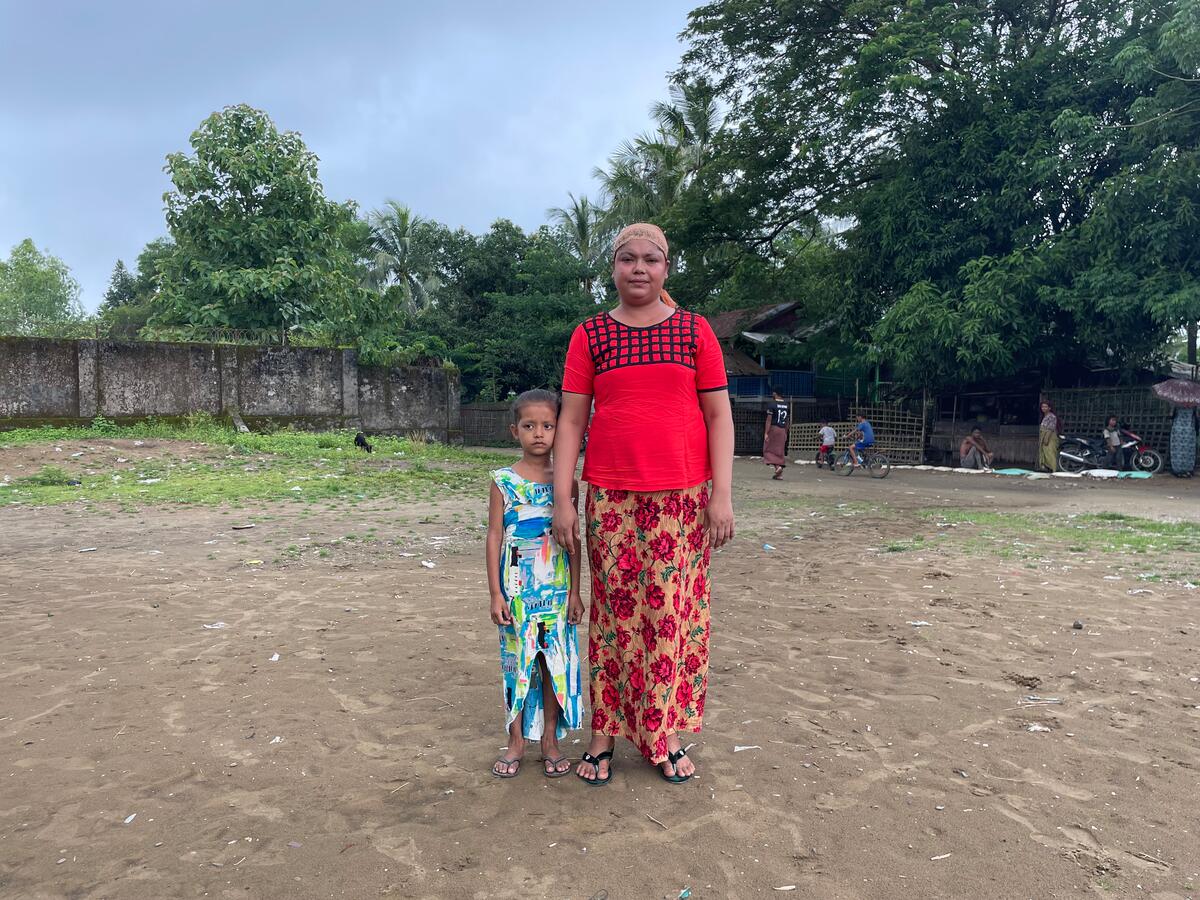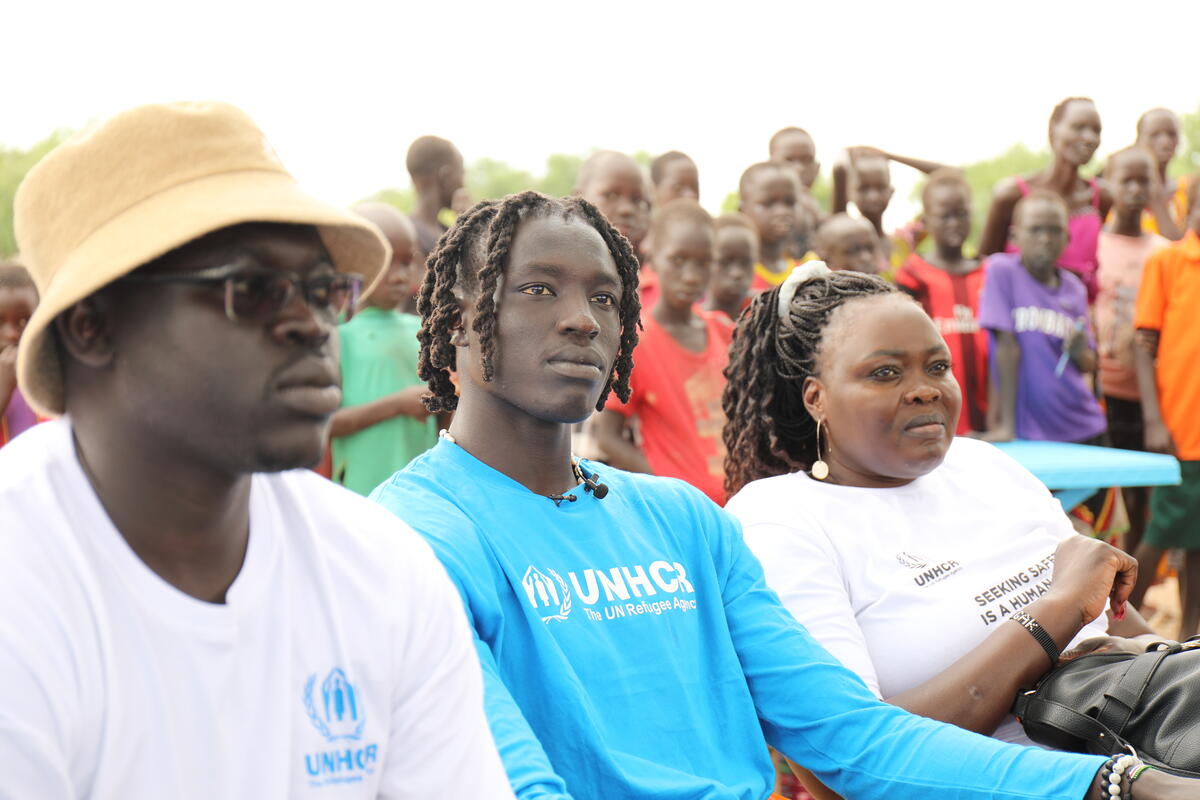Chartered jumbo jet flies UNHCR aid to Kenya
Chartered jumbo jet flies UNHCR aid to Kenya

NAIROBI, Kenya, January 18 (UNHCR) - The UN refugee agency has flown 100 tonnes of humanitarian aid supplies from emergency stockpiles in Dubai to Nairobi aboard a chartered jumbo jet. The aid will be distributed to tens of thousands of Kenyans displaced during the recent poll-related violence.
The Boeing 747-400 on Thursday brought in 19,600 bales of plastic sheeting to be used for shelter, 40,000 mosquito nets and 15 generators. "We hope that with the arrival of these new supplies, we will be able to reach many more displaced people," said Liz Ahua, UNHCR's new representative in Kenya. "We are worried that the situation may further deteriorate now that it is raining in many parts of Kenya," she added.
With the delivery of the additional supplies, UNHCR is now able to meet the immediate needs of 100,000 internally displaced people (IDPs) and to replenish stocks in the Dadaab refugee camp in the north-east of Kenya. UNHCR earlier this month utilized supplies from Dadaab for a first distribution to displaced people in different areas of Nairobi and in the Rift Valley.
The airlifted supplies will give UNHCR a reserve of aid supplies. But items from this new stock will be delivered in the coming weeks, with a focus on helping people in the Rift Valley Province and other areas according to need.
Meanwhile, UNHCR trucks carrying 340 family kits and 10,000 sanitary pads left Nairobi on Friday afternoon for the town of Eldoret, located north-west of the capital and close to the border with Uganda. Ahua said UNHCR had been "waiting for the security situation along the Nairobi-Eldoret road to improve after three days of protests that saw parts of the highway blocked."
By Thursday, UNHCR had sent 1,000 family kits to Nakuru, also in western Kenya. During visits this week to displacement sites in Rift Valley Province, a UNHCR team deployed to Nakuru noted that many IDPs were sleeping in the open without tents or plastic sheeting.
In Molo, women and children were found sleeping on the floor of a former store, without mats or blankets. The men slept outside in the chilly highland air. More IDPs were arriving in Molo without shelter material or other basic supplies.
On Friday, the UNHCR team tried unsuccessfully to reach Kipkelion, some 130 kilometres west of Nakuru, to check on reports of a large number of IDPs in need of help. "We were unable to reach Kipkelion because of road blocks erected by the local people," a UNHCR staffer in Nakuru said, adding that three commercial trucks were reportedly torched on the road Thursday night.
UNHCR delivered jerry cans, mosquito nets and kitchen sets to Nakuru earlier this week and is currently working with the Kenya Red Cross Society to identify sites, including areas like Molo, for the distribution of this new stock.
To date, UNHCR has distributed some 1,400 household/family kits in Nairobi and the Rift Valley. UNHCR works with the Kenyan Red Cross Society and World Concern International for distribution of emergency shelter and non-food items.
In neighbouring Uganda, the government reports that 6,590 people have crossed the border from Kenya since the violence flared in Kenya on December 30. They are scattered mainly in Malaba, Busia and Lwakhakha. No significant arrivals have been registered in the past few days.
The majority of the refugees are being hosted by local communities, while a few thousand are staying in schools in Malaba and in Busia. A transit centre in Mulanda, 35 kms from the border, is being prepared. Any new arrivals will be transferred there from the border by UNHCR as soon as adequate water and sanitation facilities are established.
By Millicent Mutuli and Emmanuel Nyabera in Nairobi, Kenya


